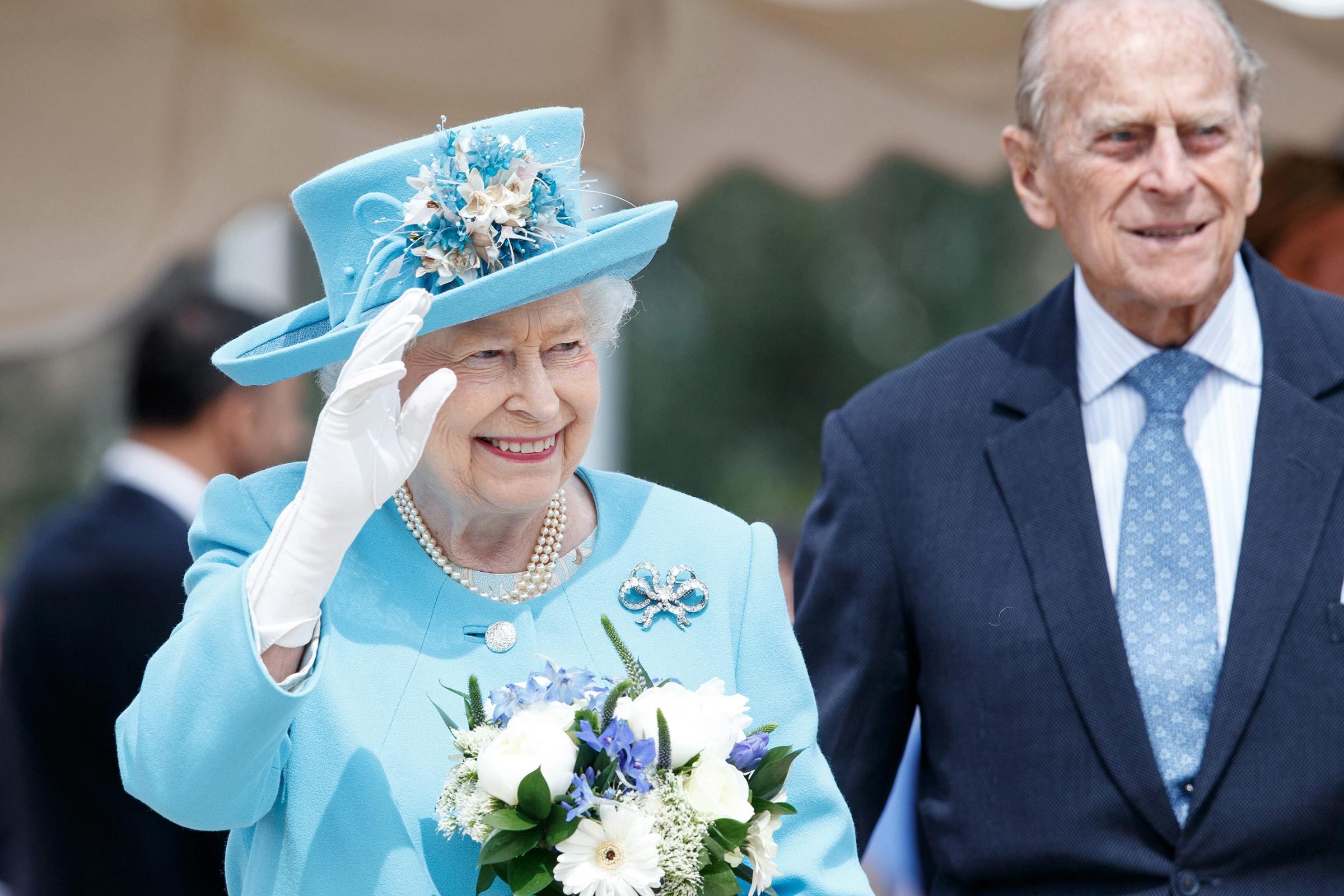Queen Nickname: A Comprehensive Guide To The Titles And Monikers Of The World's Most Iconic Queens
Throughout history, queens have been given various nicknames that reflect their legacy, achievements, and personalities. These titles not only highlight their reign but also provide insight into their impact on society. In this article, we will delve into the fascinating world of queen nicknames, exploring their significance and the stories behind them.
From the majestic Elizabeth I, known as the "Virgin Queen," to Cleopatra, who earned the title "Queen of the Nile," these monikers have become synonymous with their respective queens. Understanding the context and meaning behind these nicknames offers a deeper appreciation of their historical significance and the roles they played in shaping the world.
Whether it's a nickname rooted in admiration, controversy, or even criticism, these titles have left an indelible mark on history. Join us as we explore the rich tapestry of queen nicknames, uncovering the stories and personalities behind some of the most iconic queens in history.
Read also:Love Is Blind Spoilers Unveiling The Secrets And Drama Of The Hit Reality Show
Table of Contents
- History of Queen Nicknames
- Famous Queen Nicknames
- Biography of Famous Queens
- Importance of Nicknames
- Cultural Impact
- Modern Interpretations
- Controversial Queen Nicknames
- Queen Nicknames Around the World
- Psychology Behind Nicknames
- Future of Queen Nicknames
History of Queen Nicknames
The tradition of assigning nicknames to queens dates back centuries, serving as a way to encapsulate their essence and legacy. These titles were often bestowed by the public, historians, or even the queens themselves.
The practice of giving queen nicknames can be traced to ancient civilizations, where rulers were often given epithets to reflect their achievements or characteristics.
Origins of Queen Nicknames
Queen nicknames emerged as a means of simplifying complex historical narratives into memorable phrases. For instance, "Catherine the Great" of Russia earned her nickname due to her expansive reforms and territorial acquisitions. Similarly, "Queen Victoria" became synonymous with the Victorian era, a period marked by industrial growth and cultural change.
Famous Queen Nicknames
Some of the most famous queen nicknames have become legendary, capturing the imagination of people across generations. These titles not only reflect the queens' personalities but also the societal values of their time.
Elizabeth I: The Virgin Queen
Elizabeth I, the Queen of England from 1558 to 1603, was famously known as the "Virgin Queen." This nickname stemmed from her decision to remain unmarried throughout her life, focusing instead on her duties as a ruler. Her reign, often referred to as the "Elizabethan era," was marked by cultural and economic prosperity.
Biography of Famous Queens
To better understand the significance of queen nicknames, it's essential to explore the lives of the queens themselves. Below is a brief biography of some of the most famous queens in history, along with their corresponding nicknames.
Read also:Tyson Ass Unveiling The Truth Behind The Viral Sensation
Queen Cleopatra VII: The Queen of the Nile
Cleopatra VII, the last active ruler of the Ptolemaic Kingdom of Egypt, was known as the "Queen of the Nile." Her intelligence, beauty, and strategic alliances with Roman leaders like Julius Caesar and Mark Antony cemented her place in history.
| Name | Nickname | Reign | Country |
|---|---|---|---|
| Cleopatra VII | Queen of the Nile | 51–30 BC | Egypt |
| Elizabeth I | Virgin Queen | 1558–1603 | England |
| Catherine the Great | Empress of All the Russias | 1762–1796 | Russia |
Importance of Nicknames
Queen nicknames serve more than just a descriptive purpose; they play a crucial role in shaping public perception and historical memory. These titles often encapsulate the essence of a queen's reign, making it easier for people to remember and relate to her legacy.
Symbolism in Nicknames
Many queen nicknames carry symbolic meanings that reflect the values and ideals of their time. For example, "Catherine the Great" symbolizes strength and ambition, while "Queen Victoria" embodies tradition and progress.
Cultural Impact
The cultural impact of queen nicknames extends beyond historical records, influencing art, literature, and popular culture. These titles have inspired countless works of fiction, films, and even fashion trends, ensuring that the legacy of these queens endures.
Representation in Media
Modern media often portrays queens through the lens of their nicknames, highlighting specific aspects of their personalities or reigns. This representation helps to keep their stories alive and relevant to contemporary audiences.
Modern Interpretations
In recent years, there has been a resurgence of interest in queen nicknames, with historians and cultural critics re-examining their meanings in light of modern perspectives. These reinterpretations offer fresh insights into the lives and legacies of these iconic figures.
Revisiting Historical Narratives
By revisiting historical narratives through the lens of queen nicknames, scholars have uncovered new dimensions of these queens' lives, challenging traditional perceptions and offering a more nuanced understanding of their reigns.
Controversial Queen Nicknames
Not all queen nicknames have been universally accepted; some have sparked controversy and debate. These titles often reflect conflicting views about a queen's actions or legacy, highlighting the complexities of historical interpretation.
Examples of Controversial Nicknames
- Mary I of England: "Bloody Mary" – A nickname given due to her persecution of Protestants during her reign.
- Mary Queen of Scots: "The Catholic Queen" – A title reflecting her religious affiliations and the political tensions of her time.
Queen Nicknames Around the World
Queen nicknames are not limited to Western history; they can be found in cultures and civilizations across the globe. These titles often reflect the unique characteristics and contributions of queens from diverse backgrounds.
Global Perspectives
From the "Empress Dowager Cixi" of China to "Rani Lakshmibai" of India, queen nicknames around the world offer a fascinating glimpse into the diverse roles and influences of female rulers throughout history.
Psychology Behind Nicknames
The psychology behind queen nicknames reveals much about human nature and our tendency to simplify complex narratives into memorable phrases. These titles often reflect societal values, cultural norms, and the collective memory of a people.
Memory and Identity
Nicknames play a crucial role in shaping memory and identity, helping individuals and communities to remember and relate to historical figures in a more personal way.
Future of Queen Nicknames
As we continue to uncover new perspectives and interpretations of history, the future of queen nicknames remains an exciting area of exploration. These titles will undoubtedly continue to evolve, reflecting the changing values and priorities of society.
By examining the past and present of queen nicknames, we can gain a deeper understanding of the enduring impact of these iconic figures on our collective memory and cultural heritage.
Conclusion
In conclusion, queen nicknames offer a fascinating window into the lives and legacies of some of history's most remarkable women. From their origins in ancient civilizations to their modern interpretations, these titles continue to captivate and inspire people around the world.
We invite you to explore further by leaving your thoughts in the comments section, sharing this article with others, or diving into more content on our site. Together, let's continue to celebrate the rich history and cultural significance of queen nicknames.
References:
- History.com Editors. (2023). "Cleopatra." History.com.
- Encyclopædia Britannica. (2023). "Elizabeth I." Britannica.com.
- Smith, J. (2022). "The Legacy of Catherine the Great." Journal of Historical Studies.


